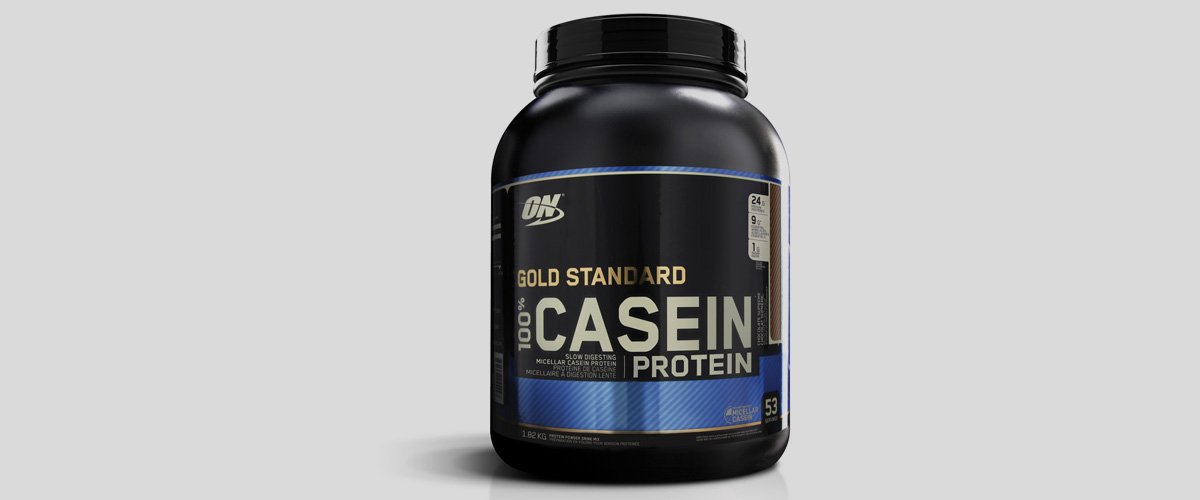05
2015
THE CASE AGAINST CASEIN (CA ‘SIN’), THE CASE AGAINST CANCER

I have been meaning to write this piece for a while. Because, I am actually reaching the point of frustration with how many questions I am being asked by my clients on wanting to take casein to build lean muscle mass. Many of us follow faddish trends, and this is one such trend at the moment. The Indian people need to know the truth, because we consume so much dairy (which constitutes 87% casein).
The benefits of casein are being touted by the muscle building industry as a panacea to gaining a toned lean body. Increase your protein levels is what you hear most gym trainers say, god knows what happened to just eating balanced meals with good amounts of protein-more plant based than animal protein. First there was whey protein and now there is casein. Casein is known to have higher calcium levels and taken with a high protein diet, which is what most weight watchers do (in their quest to drop fat and build muscle) studies point to it as the winner among proteins today.
In building muscle mass, we need to do two things (1) increase protein synthesis (2) reduce protein breakdown. Casein slows the rate of protein breakdown, and good old whey stimulates protein synthesis. While casein and whey cannot be taken together (that is at the same time), as they nullify each other’s efficacy, they can be paced and taken. A whole new article, which I am sure I will not write. I am here to make the case against casein. For one it’s coarse and thick and used to make the strongest glue known to man, so we can only imagine what it will do when it goes into our intestines. It clogs up the human respiratory system, causes allergies as it is known to form mucous and cause kidney damage.
However, the largest body of research on casein was done by Dr. T Colin Campbell called The China Study, which examined the relationship between the consumption of animal products (which includes dairy) and some of the most chronic illnesses facing the world—and ofthose cancer being at the top. He used casein as his protein to conduct his experiments. What happens when we ingest casein into our bodies, for this it is important to understand how protein can initiate the breakdown of cells.
Campbell in his study identifies three stages of cancer initiation, promotion, progression. To use a rough analogy, the cancer process is like planting a lawn. Initiation is when you put seeds in the soil, promotion is when the grass starts to grow and progression is when the grass gets completely out of control, invading the driveway, sidewalk, and pavement. So what is the process that significantly “implants” the grass seed in the soil in the very first place, in short, what is it that initiates a cancer-prone cell? You’ve heard another buzz word ‘carcinogen’, one such carcinogen is called aflatoxin (AF), a kind of fungus that is usually found in peanuts, some tree nuts, corn, and wheat and not done away by the FDA as it is considered a low level contaminants.
Campbell’s studies found that when this carcinogen was present with high doses of protein the initiation stage in the cancer process was imminent. If such a chemical carcinogen is consumed, it gets absorbed into the blood, transported to the cells, changed into its active product, and it bonded to DNA and passed on to daughter cells. When the new daughter cells are formed, the process is complete. These daughter cells will now forever be damaged, giving rise to the potential for cancer.
Once this is done, the second growth stage takes place promotion of these cancer-prone cells. It is when these cells multiply that clusters are formed and a tumour develops. Here comes in the dietary factors that will now affect the proliferation of these cells, unless these cells get the right nutrients to grow. For e.g., taking the seed analogy the right soil, sunlight, water, they will multiply. This stage becomes reversible if dietary factors are taken under control. Cancer cells will flourish when the dietary factors called promoters feed cancer growth. And amongst one of these promoters is casein – what Campbell’s research found was that enzyme activity (an enzyme called mixed function oxidase – MFO which metabolizes chemicals and pharmaceuticals in our body) for the carcinogen aflatoxin to enter the cell increased with higher doses of casein, he also found that cancer-cells multiplied more faster.
Another discovery was that in some cases the doses of aflatoxin need not be high for promotion stage in the cancer process to worsen. Just a diet high casein would be enough. His experiments also revealed that body remembers earlier carcinogenic insults, even though the diet maybe be controlled with low doses of casein intake, once the initiation stage has happened where the body has been exposed to aflatoxin, a genetic imprint is left and if the so called dietary promoters were to go high (that is bad nutrition) it would re-awaken the cancer cells.
So while I have made my case against casein, I leave all you people wanting to build muscle by taking casein and also all the dairy lovers out there – THINK BEFORE YOU CAE ’SIN’ TOWARDS YOUR OWN BODIES.
Shonali Sabherwal is a certified Macrobiotic Nutritionist/Chef/Instructor from the Kushi Institute, Massachusetts. And currently provides Dietary/Lifestyle recommendations and supplies Macrobiotic meals.
